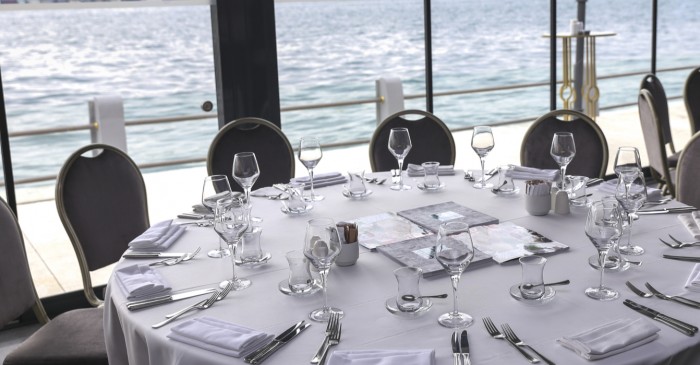
Never miss an important update |
Click to get notified about important updates only. |
99 Alternatives
Opportunities are Infinite

Restaurants, bars and bakeries are considered as extraordinary opportunities for investors, but without the correct research can be very risky.
Americans are said to spend around 48% of their foods budget on eating in restaurants or ordering take-out foods and also on hospitality businesses that include upscale, quick-service and middle-scale establishments. Each of these types of hospitality businesses attracts different types of customers.
Investing in restaurants has never been said to be so easy but are worthwhile. Aspiring chefs, bartenders and bakers tend to focus on plying their craft without any business savvy or commitment to the costs and marketing.
Said by the National Restaurant Association and Cornell study, around 60% of restaurants, bars and bakeries have failed within the first three years.
To invest successfully in a single restaurant you need a marketing study, branding research and a detailed business plan. Investors are always open to choose restaurant ETFs that spread risk across several multiple hospitality businesses instead of risking their capital on only one facility.
Investors should be warned that unsuccessful restaurants and food-and-drink businesses tend not to return a significant capital hence the reason why investors should not risk more of their own money.
When buying a successful business it is required for there to be a feasibility study due to the change in demographics, mobile marketing, zoning changes, bankruptcies and relocations, and in the evolving attitudes about food which can all affect the business prospects.
The culinary investment tips and pitfalls you should try to avoid when investing in restaurants are that when entering a restaurant it will be a given that people will expect great food and service and as a result restaurants will need other outstanding and creative selling points to bring in the money.
Some restaurants uniques selling points may be 1950s nostalgia, customer accommodation for specific diets, quick services of upscale food or ethnic and fusion cuisines. You should also avoid restaurants whose menus are far too long and include too many exotic, expensive foods.
Several upscale restaurants use the same ingredient within many of their dishes which lowers food costs and speed preparation. It is also advised that you create marketing plans and rewards programs to help sell hospitality services in this digital age.
This should ideally be done at the same time as vetting a restaurant investment. Analyse the food costs very carefully making note of wholesale costs, waste, portion sizes and labour costs.
Find out the reason for why the restaurateur wants to sell it is business to an investor. Restaurant investments are primarily aimed at those who love the industry and understand the risks very clearly.

| Date | Time | Headline |
|---|---|---|
| 27-03-25 | 11:23 | |
| 27-03-25 | 11:23 | |
| 27-03-25 | 11:23 | |
| 26-03-25 | 11:18 | |
| 25-03-25 | 04:58 | |
| 19-03-25 | 05:09 | |
| 18-03-25 | 06:22 | |
| 17-03-25 | 13:10 | |
| 17-03-25 | 06:20 |

| Date | Time | Title | Post |
| No Discussions Available!! | |||
Copyright © 2025 99alternatives Ltd. All rights reserved.
Designed and Managed by Mont Digital